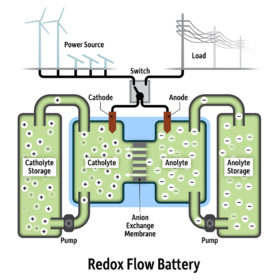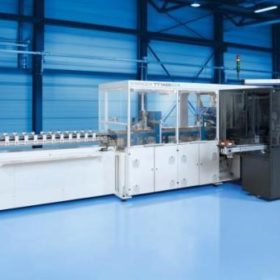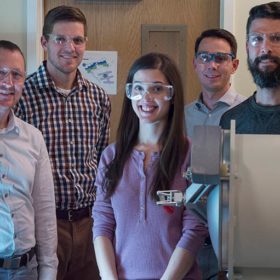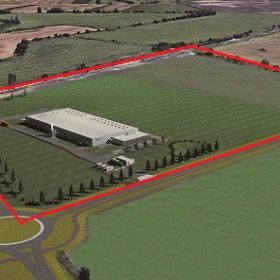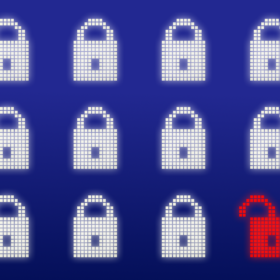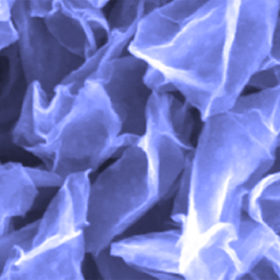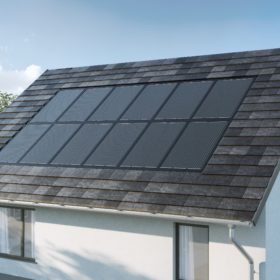US researchers develop new redox flow compound
A team of scientists from the U.S. University of Rochester has developed a compound, which it says could double the effectiveness of redox flow batteries, and “transform the energy storage landscape”.
Teamtechnik receives stringer order for HJT module line
German PV equipment manufacturer, teamtechnik today announced that it has received an order for its TT1400 ECA stringer from an Italian PV manufacturer. The tool will be integrated into a line producing high efficiency heterojunction PV modules.
REC Silicon posts revenue increase for Q4 2017
Norwegian headquartered manufacturer, REC Silicon has posted revenue of $78 million for the fourth quarter of 2017, a 3.4% increase over the previous quarter’s $75.5 million. The company also increased its EBITDA to $10.3 million, up from $3.6 million the previous quarter.
NREL hits new milestone in reducing perovskite degradation
Scientists from the U.S. National Renewable Energy Laboratory have a created a perovskite solar cell, which retained 94% of its initial efficiency after 1,000 hours of constant operation under ambient air conditions.
Taiwan to raise FIT rates for first half of 2018
The Taiwanese Ministry of Economic Affairs (MOEA) today announced a 9.09% increase to FIT rates originally proposed in September for rooftop solar installations up 20 kW, in a bid to encourage further public participation in its Green Energy Roofs project.
Berkeley Lab researchers develop perovskite ‘smart window’ material
Scientists from the renowned U.S. Berkeley Laboratory have discovered a perovskite material, which can be used in photovoltaic glass applications, and can be switched between transparent and non-transparent without diminishing its electronic properties.
Japanese battery maker to start production in Hungary
Lithium ion (Li-ion) manufacturer, GS Yuasa has announced plans to establish a European subsidiary, and to construct a new manufacturing plant for lithium batteries in Miskolc, Hungary.
AEE outlines key cyber security threats, as energy goes digital
A new report published by the U.S. Advanced Energy Economy Institute (AEE) identifies the biggest threats, and challenges for regulators, policymakers, technology providers and other players in protecting rapidly evolving energy systems from cyberattacks.
Scientists develop porous scaffold to boost battery capacity
Researchers from Northwestern University’s McCormick School of Engineering worked with a graphene structure, the particles of which resemble ‘crumpled paper balls’, and have created a scaffold onto which lithium atoms can be deposited.
Nissan launches home energy solution in the UK
The Japanese car manufacturing giant has announced the imminent launch of an all-in-one home energy solution, including solar panels, a battery and an energy management system.

